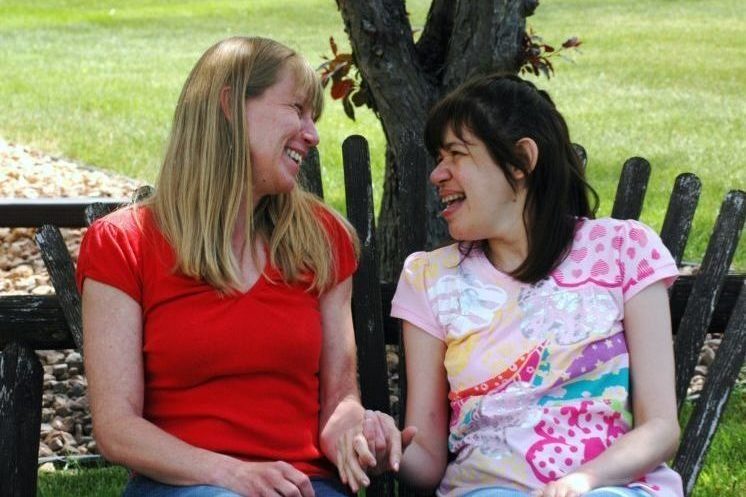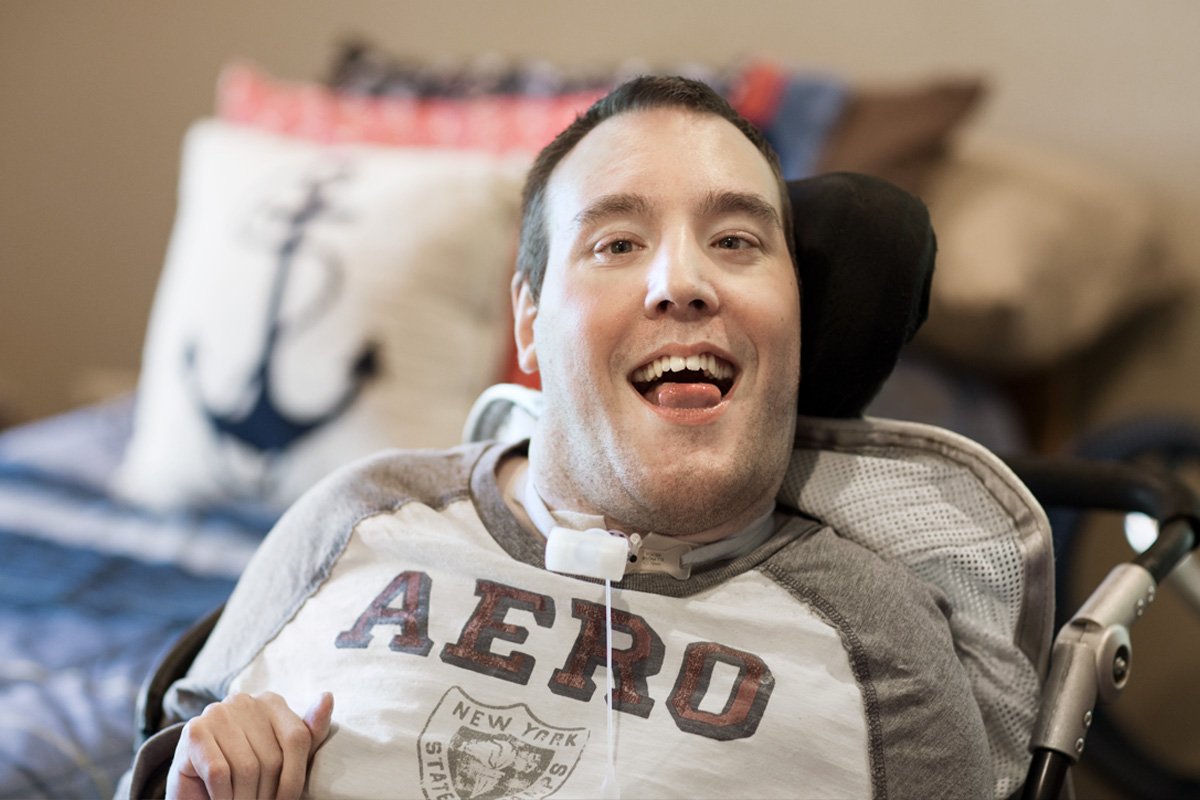CEO Corner
October 22, 2021

The past 2021 legislative session was exceptional for individuals with disabilities and their providers. One of the most successful that I have seen in my career! The decisions the legislature and the Governor made took some time to get clarified, which is why I haven’t written about it until now.
The session got off to a start in January under uncertain circumstances at best. An unscheduled budget forecast in May of 2020 had showed a problematic budget forecast for the rest of 2021 and a devastating deficit for the next biennium (July 2021 – June, 2023). However, the February, 2021 forecast showed great improvement, and put Minnesota into a surplus of over $1 billion.
Part of the reason lies with federal help, especially with the Medicaid budget. Earlier federal rescue plans gave Minnesota a 6.2% bump in the percentage the US pays of Minnesota’s Medicaid budget. People with disabilities did not see any of that money, as it went directly to the bottom line in the state’s general operating budget. The federal rescue plan passed this spring brought in over $2.6 billion to the state. Most importantly, some of this money approved an additional 10% Federal match for Medicaid. The really good news is that the money may only be spent to enhance Home & Community Based Services in the states. States are not allowed to use the money for any other purpose, including adding it to the bottom line. The funds are available to Minnesota from March 31, 2021 to April 1, 2022.
With all of this federal money in play, ARRM, our trade association, went to work with its members. We ultimately persuaded the legislature to respond to this federal waiver money by moving a planned waiver increase from July 1 of next year to January 1 for waivered service providers. This scheduled increase is significant and will allow providers to raise wages. Echoing that goal, the legislature has required providers to provide 80% of these additional funds to go towards wage or benefit increases for those whose jobs include direct contact with individuals. It passed what is called an encumbrance, which requires us to track increased revenue and increases staff spending to document compliance. Wanting to get the increases out as quickly as possible, providers then worked with DHS whose interpretation allowed that compensation increases implemented in 2021, after the legislation passed, counted towards the encumbrance. Providers have to capitalize the increases until the new money begins.
ARRM also worked hard on securing needed reform for ICFs. The legislature responded by significantly increasing ICF reimbursement, which had not been done since 2015. The money will go a long ways towards making up financial deficits in this area that have been made much worse by the Covid outbreak. ICF legislation effective January 1, 2022, includes:
A 5% rate increase in all ICF rates, which works out to be approximately 4.5% because of certain exclusions;
An increase in the amount of money an ICF can bill to cover staff costs when individuals are home during the day;
The creation of a mechanism by which an ICF can recoup dollars when the cost of meeting an individual’s needs go up.
Homeward Bound has responded to this welcome and successful legislative session by raising its wages for all DSP and nursing staff. Many of those increases came before the session ended. We have already seen hiring of staff tick up as a result.


